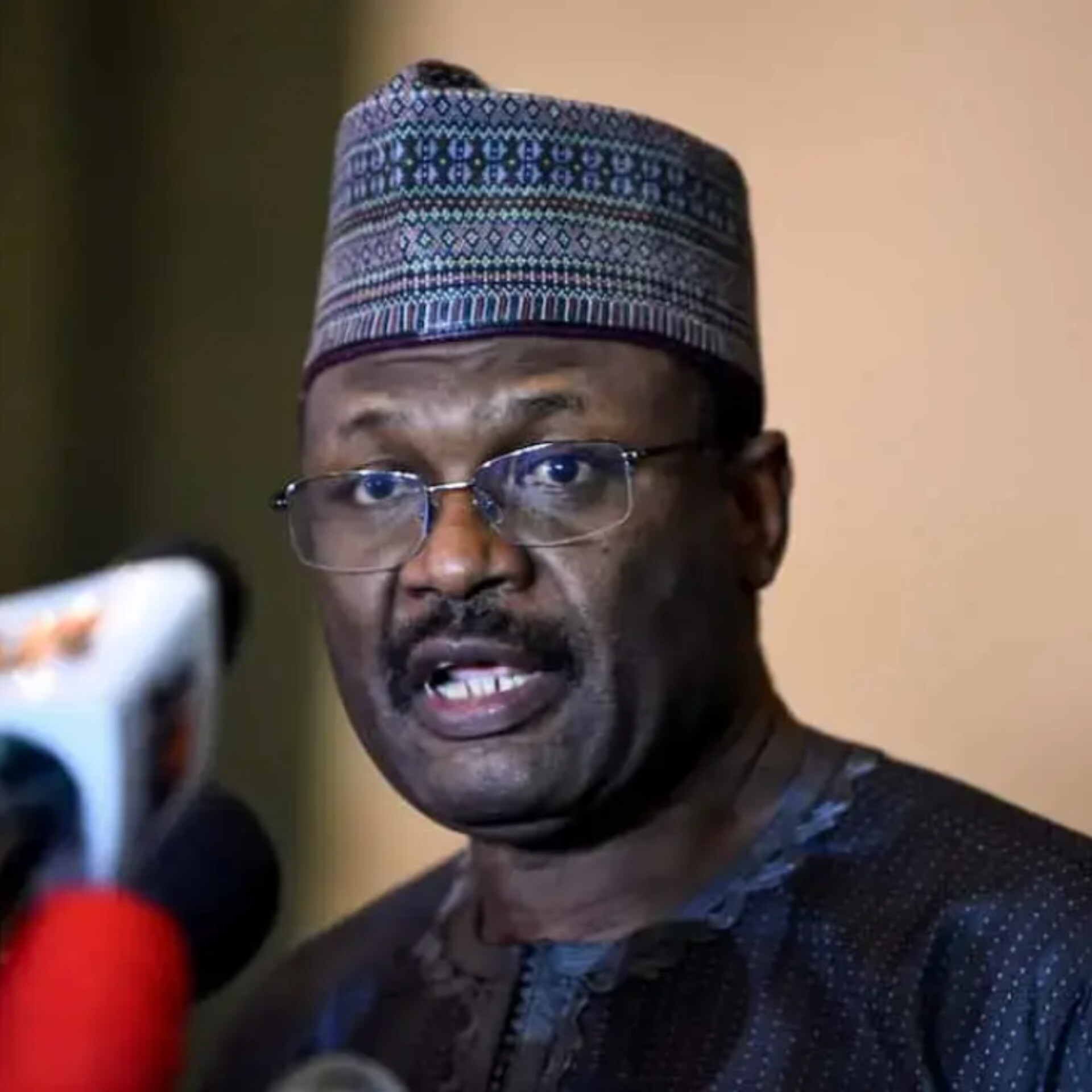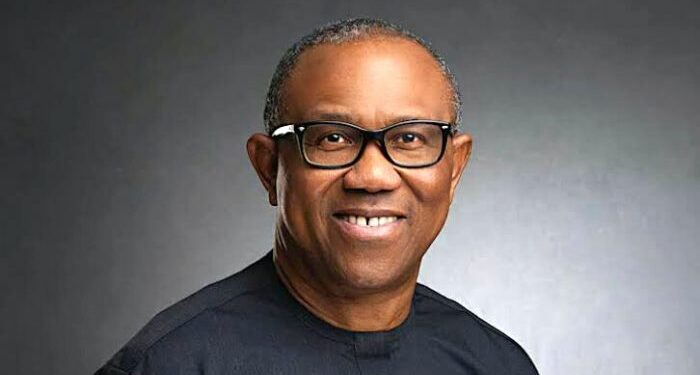***Congratulates President-Elect, Bokai
African leaders and Nigeria especially should learn from the outcome of Liberia’s presidential poll won by an opposition candidate, Dr. Joseph Boakai,
and the action of the incumbent President, George Weah, former deputy National Publicity Secretary of the All Progressives Congress (APC), Comrade Timi Frank, has admonished
Frank made the call in a statement in Abuja, while urging the Independent National Electoral Commission (INEC) and the nation’s security agencies to learn from the experience of Liberia as they prepare for the 2027 poll.

He congratulated Liberia’s President-Elect, Boakai, on his hard won victory and equally commended President Weah for gracefully conceding defeat.
He said: “We therefore like to congratulate President-Elect Dr. Joseph Boakai and urge him to use his victory at the Polls to unite the good people of Liberia.
“He must make deliberate efforts to deliver on his campaign promises to the people of Liberia and forgive those who may have worked against him all in a bid to build a more stronger, united and prosperous Liberia for the benefit of all citizens.
“We want him to be reminded that this victory is not for him alone, but for all Africans. This has also shown that if African leaders decide to do the right thing, it can be achieved.
“We would also like to commend President George Opong Weah for his magnanimity in conceding defeat and allowing for a free, fair and credible elections as an incumbent, and to applaud him as he joins the league of distinguished leaders in Africa who have also written their names in gold, such as former President John Mahama of Ghana, former President Goodluck Jonathan of Nigeria who all conceeded defeat as incumbent Presidents.
“Indeed history will remember you all for the love and courage displayed in the place of compromise for the betterment of your nations.”
Frank who is the United Liberation Movement for West Papua (ULMWP) Ambassador to East Africa and Middle East, however lamented the dwindling fortunes of Nigeria due to poor leadership and called on state institutions to work for the country rather than powerful individuals.
According to him, “The recent election in the Republic of Liberia has put to rest the argument of Nigeria being the giant of Africa as all parameters to prove its superiority have gradually diminished to a near zero level.
“The current administration in Nigeria headed by President Bola Ahmed Tinubu has no moral justification to congratulate President George Weah of Liberia on his acceptance of defeat in the just concluded election as it is an aberration, coming from one who would do anything to grab power, including compromising and corrupting state institutions at any cost whatsoever.
“The Nigerian President ought to hide his head in shame, as he’s not fit to applaud a process he vehemently detests as witnessed in the February 2023 Presidential Poll which usherd in his administration fraught with manipulations and fraud.
“It is on record that no opposition Presidential candidate in the February 2023 Poll has called to congratulate President Tinubu, because of the severity of connivance with state institutions in manipulating the process, which was too glaring to go unnoticed.
“In Nigeria, the opposition candidates do not only contest against the incumbent party, but against INEC, the security agencies and the Judiciary which are supposed to be neutral to all parties and citizens at all times.
“The security agencies, the Judiciary and the Electoral Commission, who are supposed to be neutral, end up being compromised by the ruling party and these dubious politicians and that’s why no opposition candidate congratulated anyone after the polls. The effect of this wicked compromise is gradually tilting Nigeria into a one party state as envisioned by these unpatriotic politicians.
“It is a shame also that the Nigerian Judiciary and the security agencies who are supposed to be neutral have allowed themselves to be used in defrauding the electorate, whom they’re supposed to protect.
“Nigeria was meant to be the giant of Africa, but today it’s sad because Nigeria is now known as the giant of fraud and corruption because of bad leaders.
“We therefore hope and pray that our security agencies and the INEC will learn from the Liberia experience and do the right thing in the 2027 polls.”




